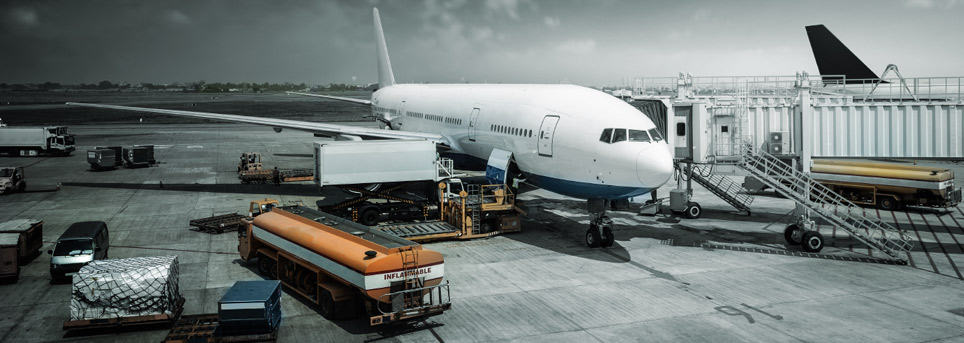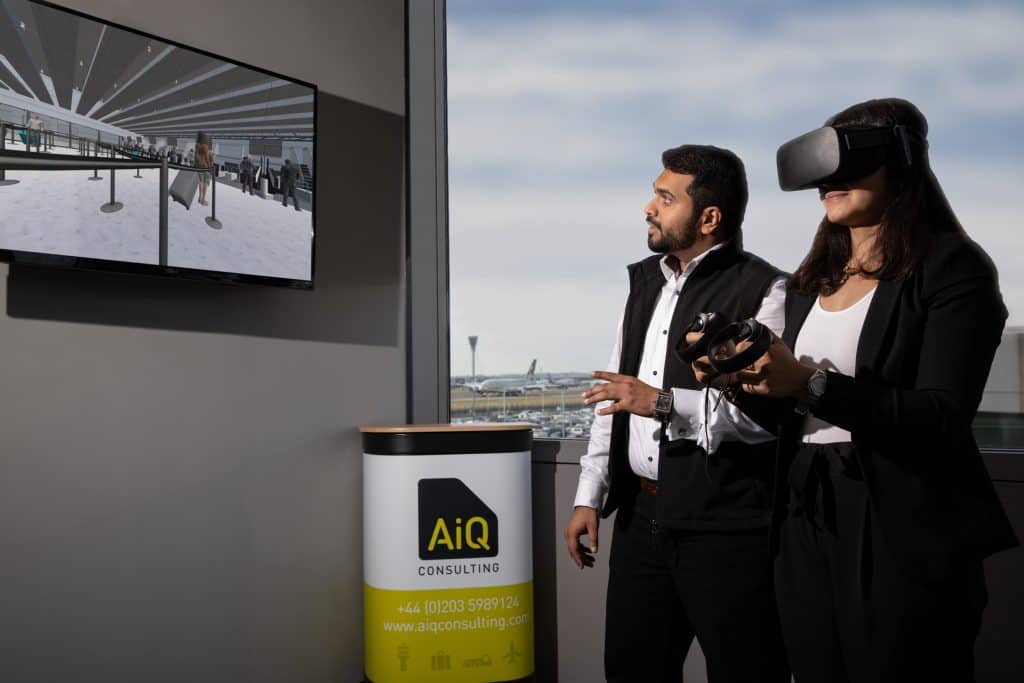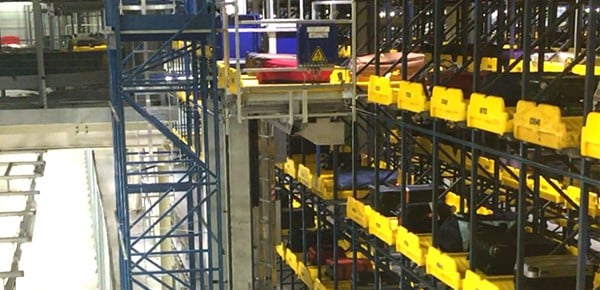
There is a growing trend for passenger automation within airports, and for good reason. A new report published by IT provider SITA has revealed that “the demands of the growing number of tech-savvy travellers will have the biggest impact on the digital plans of airports and airlines over the next six years”. By 2025, 68% of passengers will be digital travellers. They will expect travel through airports to offer the same conveniences, controlling their experience digitally through their mobile devices, as every other aspect of their lives.












